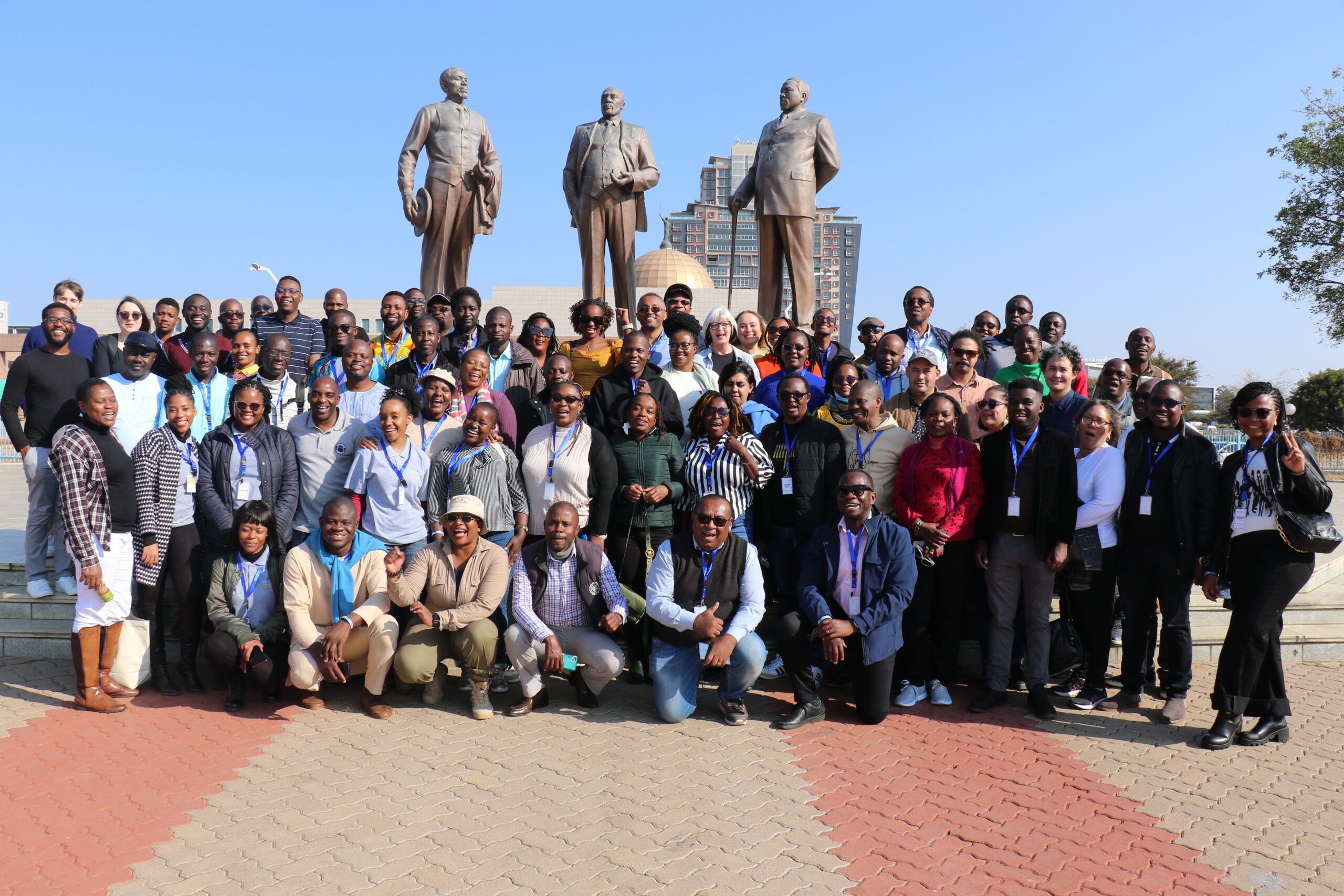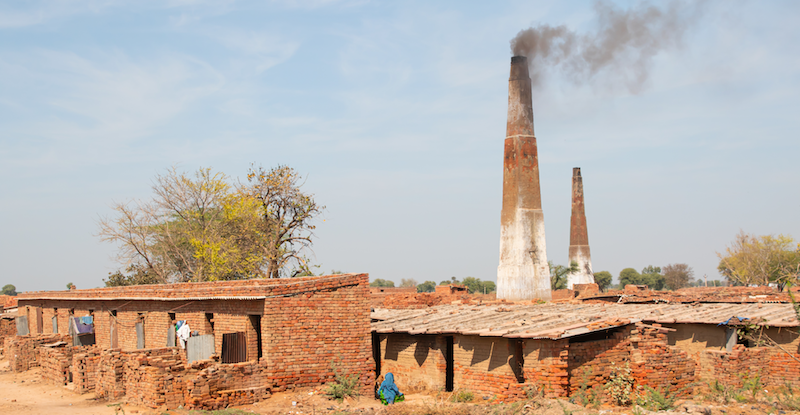Is Behavior The Solution Agenda
About Recent investments in clean energy R&D have led to remarkable innovations in clean energy technology. These innovations hold the promise of slowing and perhaps even reversing decades of anthropogenic climate change. But in order to fully realize the promise of clean energy innovation, we also need policy innovation: social and behavioral science R&D aimed at finding interventions, programs, and policies that effectively mobilize decision makers to act in climate-protective ways. Join us for an important conversation with leading social and behavioral scientists and climate thought leaders to discuss: what we know about potentially scalable interventions to increase climate-protective behaviors; …







